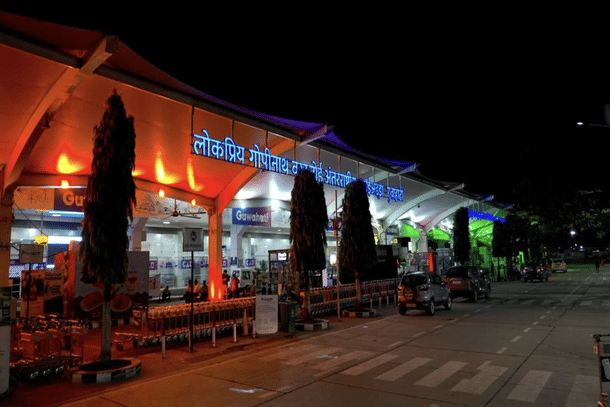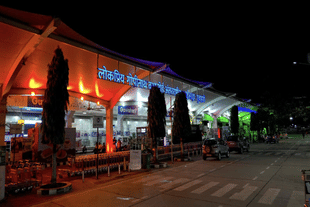News Brief
Assam: Doloo Greenfield Airport Faces Delay, Supreme Court Ruling Demands Environmental Compliance
V Bhagya Subhashini
May 14, 2024, 03:51 PM | Updated 03:51 PM IST
Save & read from anywhere!
Bookmark stories for easy access on any device or the Swarajya app.


In a significant development, the Supreme Court of India has put a halt to the proposed construction of the Greenfield Airport at Doloo in Silchar, Assam.
This decision comes in the wake of environmental concerns raised by the apex court during a recent hearing.
The court, comprising a special three-judge bench led by Chief Justice of India Dhananjaya Y Chandrachud, heard a plea filed by West Bengal-based environmental activists Tapas Guha, Pradip Roy and Baidyanath Sengupta.
The verdict, delivered on 6 May, sets aside the clearance granted by the National Green Tribunal (NGT) for the airport project.
Nestled approximately 330 kilometres away from Guwahati, Assam’s capital, the Doloo tea estate sprawls across 9,965 bighas of lush land.
According to reports, the estate employs approximately 1,900 tea garden workers, encompassing both regular and non-regular employees.
Key to the court's decision was the absence of proper environmental clearance for the project. It found discrepancies in the information provided by the Assam government, particularly regarding the uprooting of tea bushes.
The court questioned the necessity of uprooting over 4 million tea bushes, highlighting concerns over the ecological impact of such actions.
Furthermore, reports surfaced of alleged irregularities during the uprooting operation, including the involvement of a significant number of excavators and restrictions imposed on local residents. The court expressed doubts about the government's claims that the uprooting was part of routine cultivation.
The ruling underscores the importance of considering the impact on local communities. It drew attention to job losses among tea garden workers and the disruption caused by the project, emphasising the need for sustainable development practices that prioritise environmental and social welfare.
Criticism was also directed at the NGT for allegedly neglecting appeals against the project and overlooking environmental concerns. The court's decision signals a more cautious approach to infrastructure development, emphasising adherence to environmental regulations and community welfare, reports Hindustan Times.
Following the court's order, various organisations, including the Asom Mazuri Shramik Union and Forum For Social Harmony from Silchar, hailed the decision as a victory for tea garden workers. They called on the government to explore alternative locations for the airport project.
In response, the ruling government clarified that the court's decision does not permanently bar the airport project but necessitates proper environmental clearance. However, concerns persist among tea garden workers regarding job security and compensation.
The Supreme Court's intervention serves as a reminder of the importance of balancing development aspirations with environmental conservation and community welfare. It highlights the need for transparent and responsible governance in infrastructure projects, ensuring sustainable progress for all stakeholders involved.
V Bhagya Subhashini is a staff writer at Swarajya. She tracks infrastructure developments.





